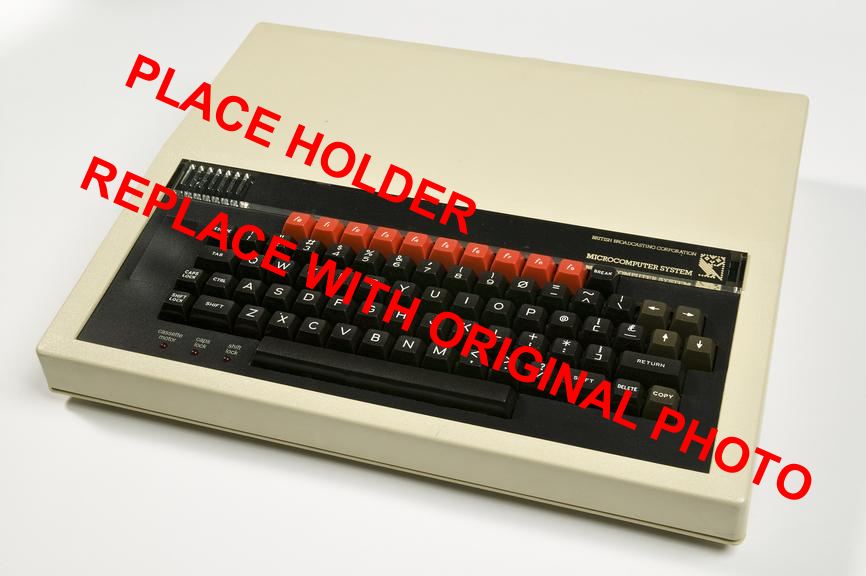

The Acorn BBC Micro, or BBC Microcomputer System, was an iconic 8-bit computer released in 1981 by Acorn Computers as part of the BBC Computer Literacy Project. It was widely used in British schools throughout the 1980s and became a significant machine in early computing history.
Key Features
Processor: MOS Technology 6502 (2 MHz) Memory: 16 KB (Model A) or 32 KB (Model B), later expandable Graphics: Multiple modes, with a maximum resolution of 640×256 (limited colors) Sound: 4-channel sound with a built-in speaker Storage: Cassette tape initially, later floppy disk options Operating System: Acorn MOS, with BBC BASIC built-inWhy Was It Important?
Education: The BBC Micro played a central role in teaching programming and computing in the UK. BBC BASIC: One of the most powerful and well-regarded BASIC dialects, featuring structured programming elements. Expandability: Supported a wide range of peripherals, including disk drives, printers, and even second processors. Gaming & Development: Games like Elite were developed on the BBC Micro, showcasing its capabilities.The BBC Visits Acorn – A Defining Moment in Computing History
In 1981, the BBC was searching for a microcomputer to use in its upcoming Computer Literacy Project, a national initiative aimed at teaching programming and computer skills to the public. The project required a reliable, affordable, and educationally viable computer that could support BASIC programming and other computing tasks.
Several companies, including Sinclair, Newbury, Tangerine, and Acorn, were invited to submit proposals. Acorn, a relatively small Cambridge-based company, had already found success with its Acorn Atom, but it needed something more powerful to meet the BBC's demands.
A Race Against Time
Acorn’s engineers, led by Steve Furber and Sophie Wilson, had already been secretly working on a new machine—the Acorn Proton—which would later become the BBC Micro. However, when they heard that the BBC was evaluating potential computers, the machine was still unfinished.
When the BBC team, including engineers and executives, arrived at Acorn’s office in Cambridge, the Proton wasn’t fully working. The pressure was immense—this was Acorn’s chance to secure a major contract that could make or break the company.
The Last-Minute Miracle
With no time to waste, Sophie Wilson scrambled to make final adjustments. By the time the BBC evaluators sat down to see the machine, it miraculously powered on and worked flawlessly. Wilson confidently demonstrated the Proton’s capabilities, including its fast BBC BASIC, graphics, and expandability.
The BBC was highly impressed, particularly by the power and flexibility of the system compared to the competition. The deal was sealed, and Acorn won the contract to develop what would soon be branded as the BBC Microcomputer System.
The Aftermath
Following the BBC’s endorsement, the BBC Micro Model A and Model B were officially launched later in 1981, quickly becoming the standard for computing in British schools. Acorn’s success with the BBC Micro led to further innovations, including the ARM processor, which would later revolutionize modern computing.
This moment—the BBC’s first visit to Acorn—was a pivotal turning point in computing history. If Acorn had failed that day, the landscape of British computing (and perhaps even the global tech industry) might have looked very different.